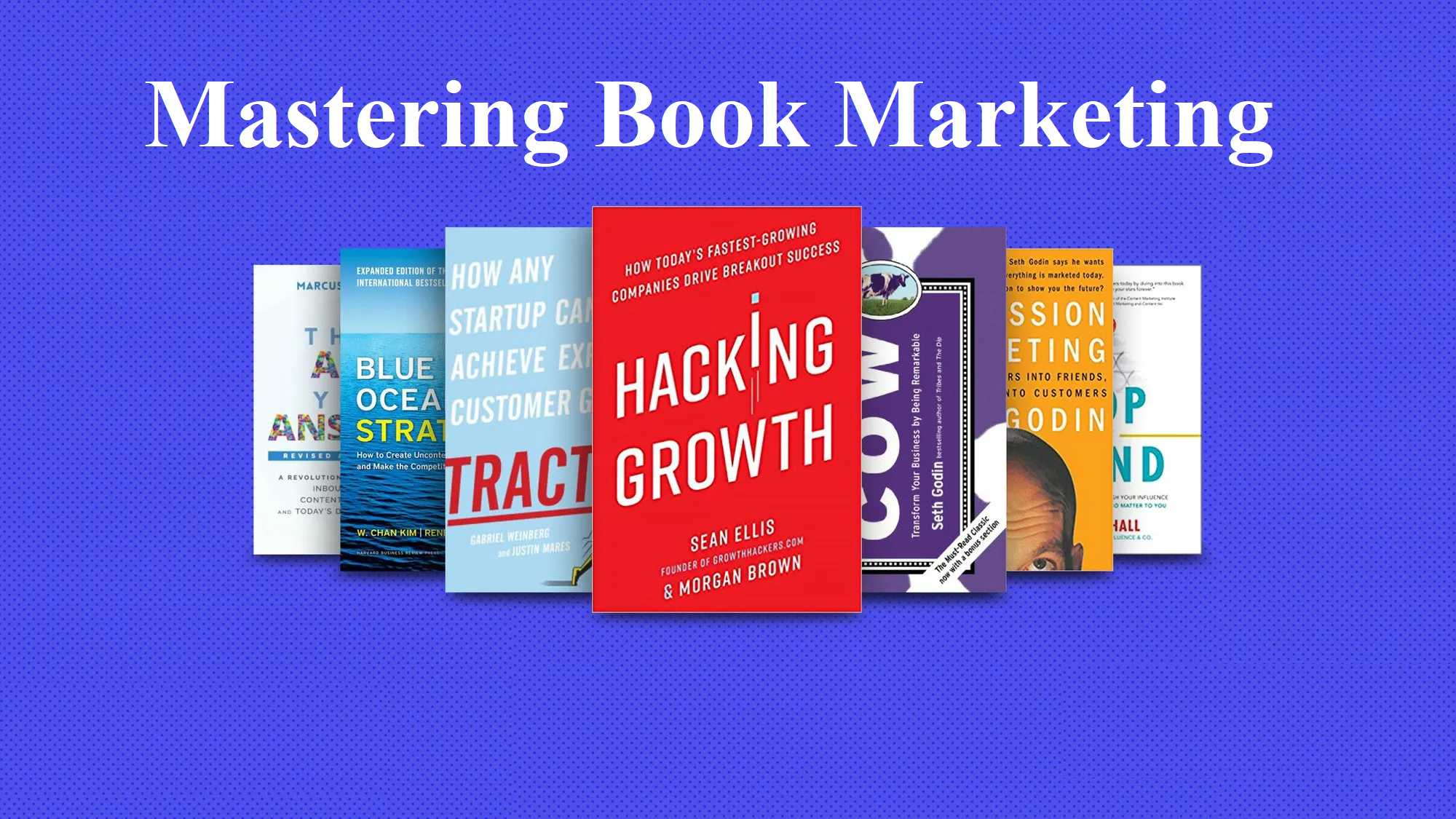
So, you’ve written a book. Congratulations! But here’s the truth—writing is only half the battle. Without smart marketing, even the most beautifully crafted books risk fading into obscurity. Book marketing is what gets your story into readers’ hands and hearts.
Who This Guide Is For
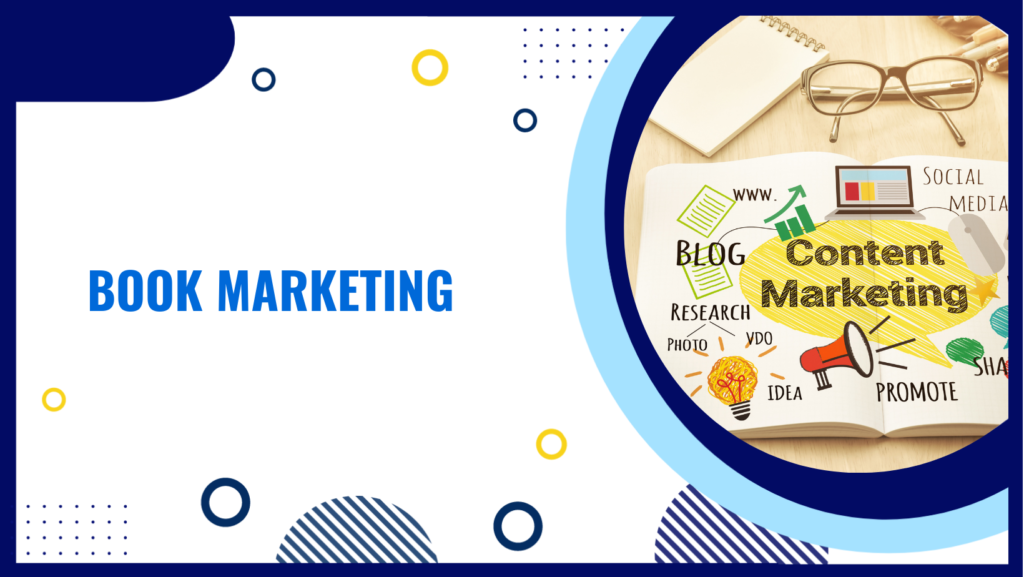
Whether you’re self-publishing your first novel or launching your fifteenth non-fiction bestseller, this guide is your roadmap. Let’s break it all down in simple, actionable steps—no fluff, just proven strategies that work.
Laying the Foundation for Book Marketing Success
Know Your Audience Inside Out
Think about your ideal reader. What do they read? Where do they hang out online? What’s their age, gender, interest, profession? The more you understand your audience, the more targeted your marketing becomes.
Create a reader avatar. Give them a name. Know what keeps them up at night. That’s who you’re writing—and marketing—for.
Building an Author Brand That Resonates
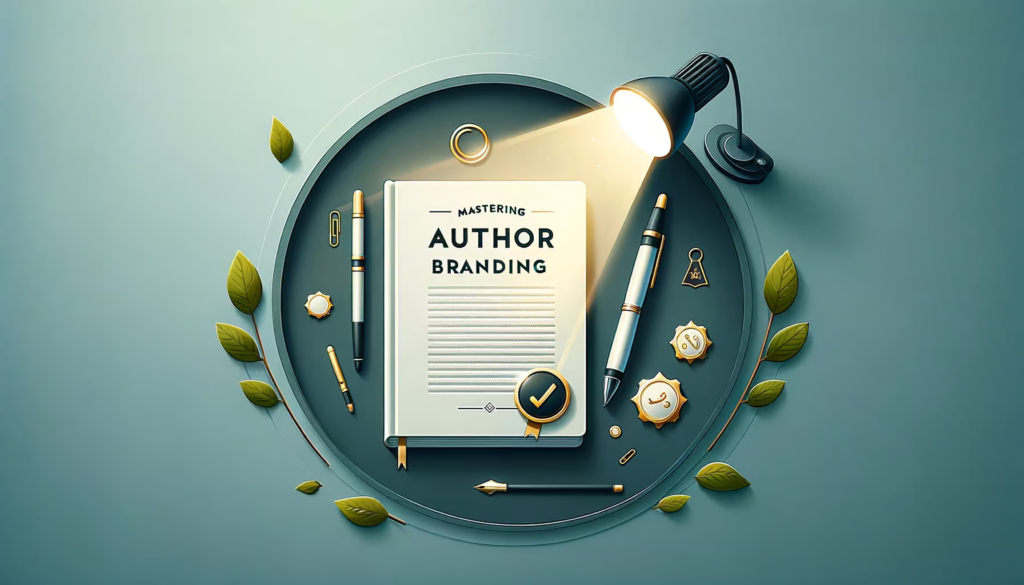
Your book is one thing. You, as an author, are another. Branding isn’t just for big companies. It’s your identity in the reader’s mind.
Defining Your Voice and Style
Are you humorous, mysterious, inspirational, or bold? Pick a tone and stick with it across your website, emails, and social posts.
Visual Branding Basics
Use consistent colors, fonts, and imagery on everything—book covers, social media, your author website, even email signatures.
Pre-Launch Marketing Strategies
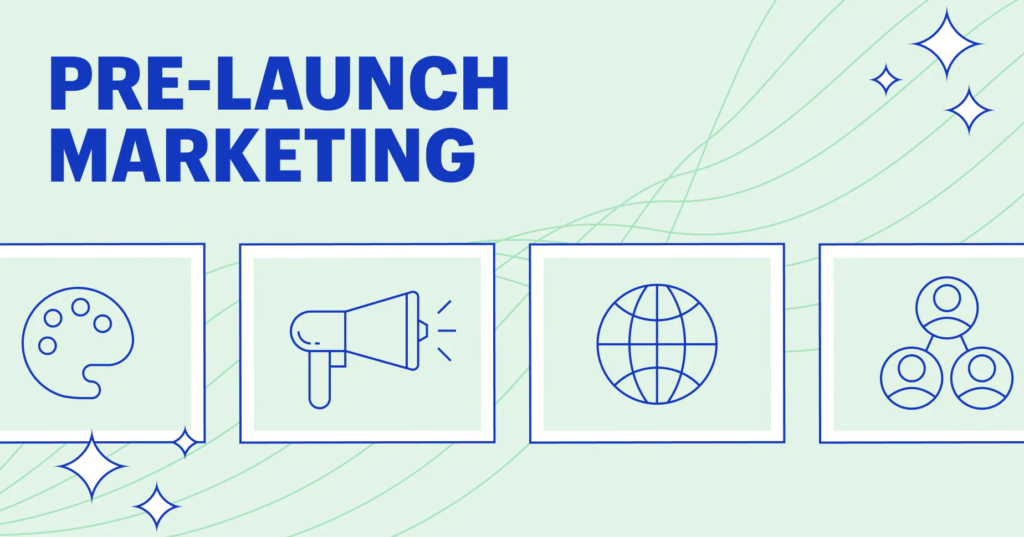
Creating a Book Marketing Plan
A marketing plan helps you stay focused. Outline your goals, target audience, key channels (social, email, Amazon, etc.), budget, and launch dates.
Think of it as your book’s GPS—you wouldn’t go on a road trip without one, right?
Building an Email List Early
Email is gold. Start collecting emails before you launch your book. Offer a freebie like a bonus chapter, a short story, or exclusive content in exchange for email subscriptions.
Platforms like MailerLite or ConvertKit are great for beginners.
Creating Hype with a Book Trailer or Teasers
People love video. A 30–60 second book trailer can create serious excitement. Add mood music, gripping visuals, and a juicy hook—think of it like a movie preview!
You can also post teaser quotes or character intros across social media.
Leveraging Beta Readers and Early Reviews
Beta readers provide honest feedback before launch. They can point out pacing issues or plot holes. And guess what? Early reviews help boost credibility right off the bat.
Launching Your Book the Right Way

Strategic Launch Day Checklist
- Email your list
- Go live on social media
- Announce on every platform
- Offer a limited-time discount
- Activate pre-planned ad campaigns
Social Media Countdown and Giveaways
Start a 5-day countdown. Post behind-the-scenes shots, snippets, or quotes. Launch day? Run a giveaway! Free signed copy, swag, or an Amazon gift card.
People love free stuff. Use that to your advantage.
Using Amazon Algorithms to Your Advantage
Amazon rewards activity. The more traffic and purchases your book gets in a short span, the more it’s promoted in the “Customers Also Bought” section. Push for high sales volume in the first 72 hours.
Partnering with Book Bloggers and Influencers
Reach out to bloggers in your genre at least 4-6 weeks in advance. Ask them to review your book or feature you in an author spotlight.
Tools like BookSirens or NetGalley can help you connect with reviewers.
Post-Launch Strategies That Keep Momentum Going

Ongoing Social Media Promotion
Post regularly, but keep it fun and interactive. Try polls, quizzes, “this or that” questions, or share fan art and reader reactions.
Encouraging Reviews and Testimonials
Ask readers to leave honest reviews—on Amazon, Goodreads, or their blogs. Reviews are the social proof that sells books.
Include a friendly request at the end of your book:
“Loved the story? Leave a quick review to help others discover it!”
Running Paid Ad Campaigns (Facebook, Amazon, BookBub)
Start with a small budget. A/B test headlines, images, and audiences. Optimize as you go. Amazon Ads are especially effective because they target buyers right in the store.
Offline Marketing Ideas That Still Work
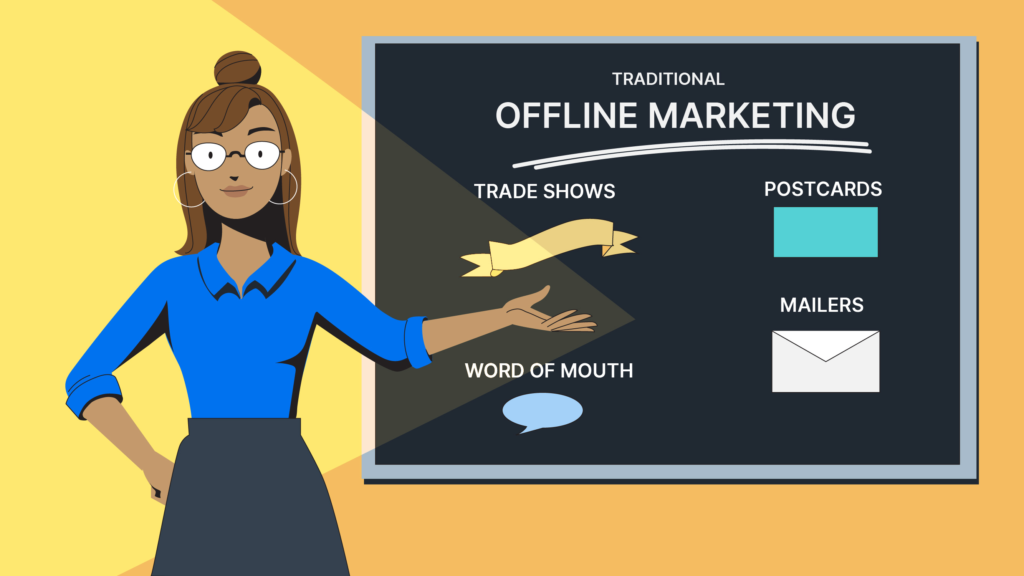
Book Signings and Local Events
Nothing beats face-to-face interaction. Reach out to local bookstores, libraries, schools, or cafes. Host signings or readings. Bring bookmarks or postcards with your book info.
Getting Your Book into Local Stores and Libraries
Don’t underestimate your local network. Libraries often love supporting indie authors. Make it easy—bring a copy, a press release, and a smile.
Expert Tips from Successful Authors
Lessons Learned from Bestselling Authors
- Colleen Hoover credits her community-building.
- James Clear leveraged content marketing via his blog.
- Joanna Penn swears by multiple income streams from books.
What’s the takeaway? Consistency and connection with readers.
Avoiding Common Pitfalls
- Skipping beta readers
- Rushing your launch
- Not setting a budget
- Ignoring data and feedback
Avoid these, and you’re already ahead of the game.
Using Data to Optimize Your Book Marketing
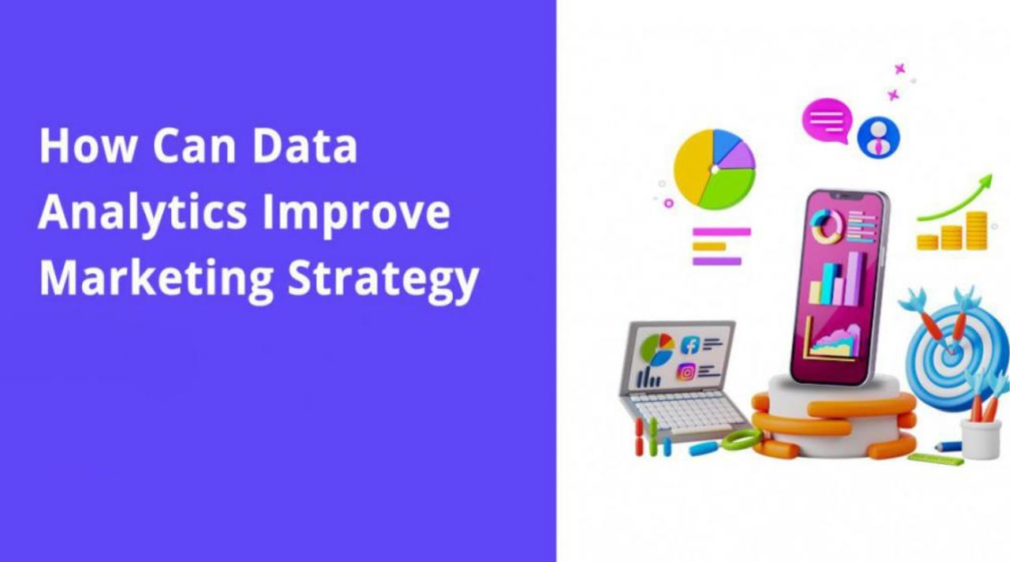
Tracking Metrics That Matter
Watch your:
- Email open rates
- Amazon sales ranks
- Ad CTRs (Click Through Rates)
- Social engagement
Data tells you what’s working—and what’s not.
A/B Testing and Experimentation
Test different ad headlines, covers, landing pages. Run experiments, track results, double down on what works.
Marketing is part science, part art. Be curious and creative.
Conclusion
Book marketing isn’t magic—it’s momentum. You don’t need a massive budget or celebrity status. You need clarity, strategy, consistency, and a bit of creativity.
The real secret? Don’t just market a book. Build a brand. Build a tribe. If readers love you, they’ll follow you—book after book.
FAQs
1. How much should I budget for book marketing?
Start small—$100–$500 for a basic launch. Scale as you grow.
2. What are the best platforms for book promotion?
Amazon Ads, Facebook, BookBub, Goodreads, and your own email list.
3. Is email marketing still effective for authors?
Absolutely. It gives you direct access to readers without relying on algorithms.
4. How do I get book reviews fast?
Offer ARCs (Advance Reader Copies), use services like BookSirens, or simply ask readers.
5. What’s the most important marketing tool for new authors?
Your author website and email list—they’re your home base.
